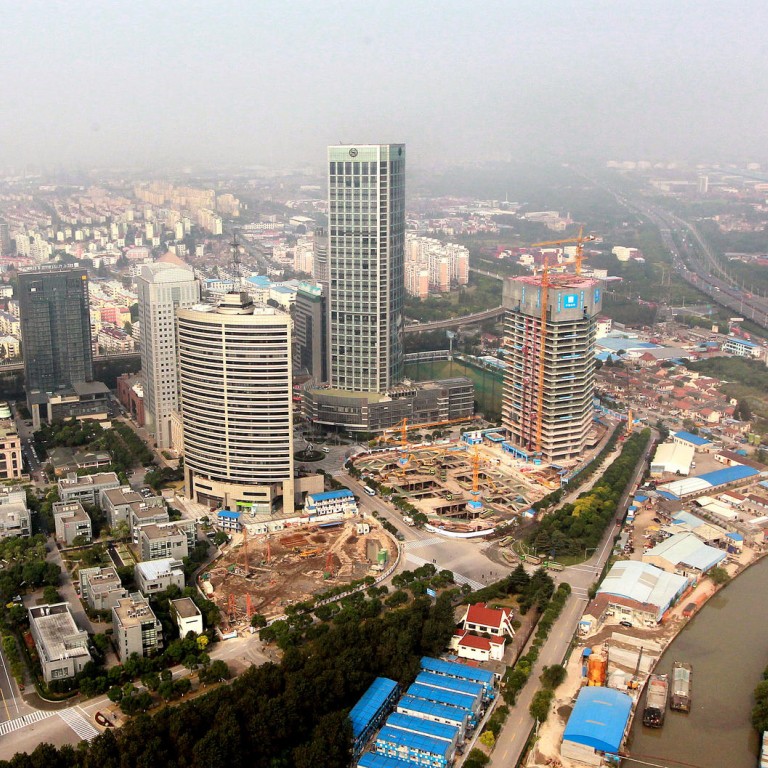
'Mini-Hong Kong' is starting to look like a cheap imitation
Much-vaunted free-trade zone under attack on multiple fronts, from accusations of shoddy goods to questions about the purpose of it all
Just a year after it was launched, the free-trade zone (FTZ) in Shanghai is coming under fire on a number of fronts.

First, local television exposed cheating by a large distribution centre in Waigaoqiao, which allegedly labelled Chinese-made microwaves as imported products.
Then a local resident complained to the that wine he bought at a FTZ-based retailer was of a much lower quality than the national standard.
He demanded the authorities punish the company, but his protests were in vain.
The buyer said none of the authorities or the local media would listen to him even though he collected evidence about "rampant" sales of shoddy products in the zone.
"It might be politically correct for them to turn a deaf ear to victims like us," he said. "The free-trade zone really disappointed me."
Ironically, during a tour of the FTZ ahead of its first anniversary last month, Premier Li Keqiang told local officials that he was bullish about the outlook for the zone, believing that the whole of Shanghai would reap benefits from its development.
The FTZ, designed as a testing ground for China's ongoing economic reforms, received a warm welcome worldwide when it was launched on September 29 last year.
It was even dubbed a mini-Hong Kong as businesses and investors hoped it would develop into an open marketplace offering high-quality products at reasonable prices.
But little progress has been made in the past year owing to the lack of planning and enforcement of trading regulations.
Beijing said it would make the renminbi fully convertible in the zone to facilitate cross-border commodity and capital flows - but it has yet to implement the reform.
More than a dozen executives told the they still did not know what business they could do in the zone.
Last month, Dai Haibo , an executive deputy director of the FTZ's administrative committee and the de facto leader of the zone, was removed from his post and handed a lesser job overseeing the city's port. Sources said Dai's former wife reported his suspected disciplinary violations to the Communist Party's anti-graft watchdog.
Dai, who used to be head of Shanghai's Zhangjiang Hi-Tech Park, had been given the opportunity take charge of the FTZ's development since he was thought to understand how to attract foreign capital and boost economic activity.
To add to the attractiveness of the FTZ, Beijing last month said it would ease restrictions on foreign investment further in the zone, allowing investors to engage in salt wholesaling and the manufacture of aviation engine parts.
But the policy was seen as a symbolic move because the limited size of the pilot zone is a major stumbling block to business growth.
Sun Lijian , a Fudan University professor, said the authorities would have to answer the question of who they wanted to benefit from the zone.

